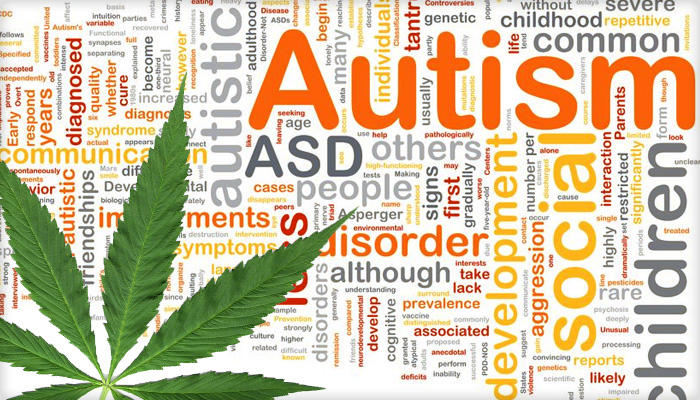Study: Autistic patients demonstrate improvement in behavior after consuming CBD-dominant extracts
A team of Turkish investigators claim that continual cannabis use may help to ease the symptoms of autism spectrum disorder (ASD) in adolescent patients.
Featured in the Journal of Cannabis Research, the study explored the use of CBD-dominant extracts in a group of 33 adolescent subjects who had been diagnosed with autism (varying in severity on a scale of mild to severe.)
“Main improvements of the treatment were as follows: a decrease in behavioral problems was reported in 10 patients (32.2 percent), an increase in expressive language was reported in 7 patients (22.5 percent), improved cognition was reported in 4 patients (12.9 percent), an increase in social interaction was reported in 3 patients (9.6 percent), and a decrease in stereotypes was reported in 1 patient (3.2 percent),” wrote the study authors.
They added that the parents/guardians of each study subject reported cognitive amelioration in patients who remained committed to the consumption of CBD-enriched cannabis over a two-year period.
No major side effects reported by autistic patients who consumed CBD-dominant extracts
THC, the primary psychoactive compound contained in cannabis, is renowned for producing psychotropic effects. CBD, on the other hand, is not a mind-altering substance.
Since CBD was the cannabinoid of choice for this study, it comes as no surprise that cannabis extracts did not contribute to any significant side effects.
Specifically, the study results found that long-term consumption of cannabis extracts with minute tetrahydrocannabinol (THC) percentages contributed to symptomatic relief.
“Using lower doses of CBD and trace THC seems to be promising in managing behavioral problems associated with autism,” wrote the study authors, adding that six patients reported no major improvements in behavior.
The study’s findings reflect the outcome of past studies into cannabis for autism
Recent data from the Centers for Disease Control and Prevention (CDC) suggests that autism affects the lives of one in 59 children. With so many children – not to mention adults – suffering from the neurodevelopmental disease, the need for further research into potential treatment options.
Studies like this one have mirrored the results of the Turkish investigators’ study. Published in the journal Frontiers in Neurology, the research revealed that 14 out of 15 autistic patients who consumed a CBD-rich cannabis sativa extract with a CBD to THC ratio of 75:1 showed “some level of improvement” in four types of autism symptoms.
A separate study carried out by researchers from Tel Aviv University in Israel demonstrated cannabis’ ability to reduce obsessive behaviors in autistic mice.
A comprehensive overview of the study, titled, “CBD-enriched cannabis for autism spectrum disorder: An experience of a single center in Turkey and reviews of the literature,” is featured in the Journal of Cannabis Research.








